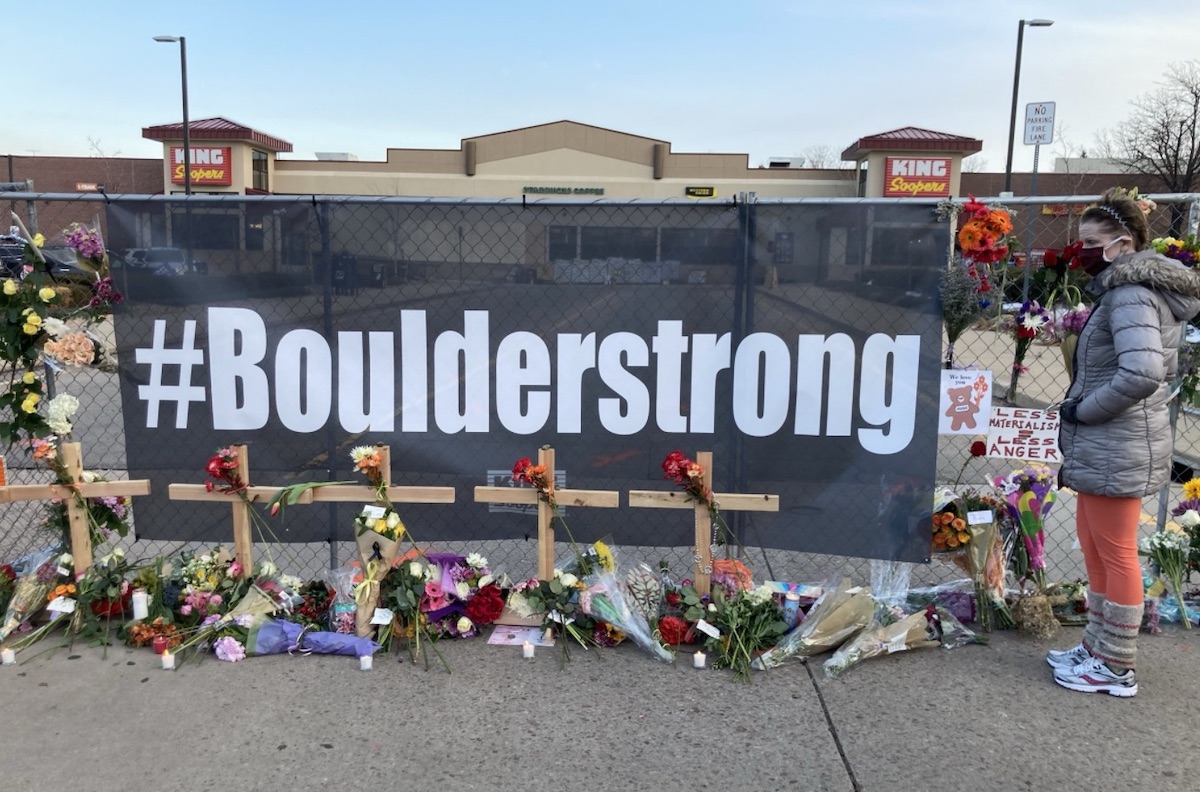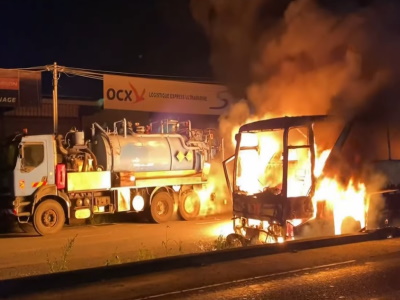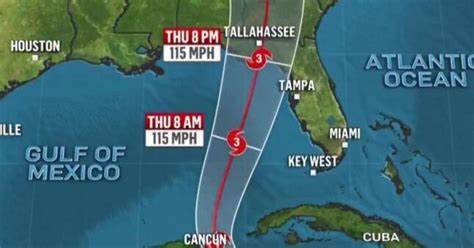Alissa’s motive, if he had one, has remained unclear and Dougherty did not posit one in opening statements. He argued that Alissa acted with intent and full knowledge of his wrongdoing — and had not been treated for mental illness before the shooting even though relatives told police he had been acting withdrawn and paranoid leading up to it.
Most of those shot inside and outside the store were killed in just over a minute. Alissa targeted people who tried to flee — and made a special effort to finish off those he wounded with additional shots, Dougherty pointed out.
The shooter prepared to kill them, planned to kill them, and went and executed 10 people at King Soopers. That’s why you’re here,” Dougherty told the jury after showing photos of each victim and describing why each one was at the store that day.
No one survived the shooting with gunshot wounds. After shooting eight people, Alissa prowled the store — quiet except for background music still playing over the store speakers — then spotted and killed Suzanne Fountain, 59, as she left a hiding spot in another aisle.
His final victim was Boulder Police officer Eric Talley, a father of seven and one of the first three police officers who entered the store.
Alissa surrendered to other police who arrived, voluntarily stripping down to his underwear and complying with their instructions as they approached and handcuffed him.
“There’s no hallucinating, there’s no delusion, there’s no confusion,” Dougherty said of Alissa’s behavior.
An attorney for Alissa was to make opening statements later Thursday.
Alissa is charged with 10 counts of murder, 15 counts of attempted murder and other offenses in the shooting in Boulder, a college town about 30 miles (50 kilometers) northwest of Denver.
If successful, Alissa’s plea of not guilty by reason of insanity could enable him to avoid prison and instead be committed indefinitely to the state mental hospital.
A mental health evaluator testified during a competency hearing in 2022 that Alissa said he bought firearms to carry out a mass shooting and suggested that he wanted police to kill him.
The defense argued in a court filing that his relatives said he irrationally believed that the FBI was following him and that he would talk to himself as if he were talking to someone who was not there.
However, prosecutors point out Alissa was never previously treated for mental illness and was able to work up to 60 hours a week in his family’s restaurant business, something they say would not have been possible for someone severely mentally ill.
Alissa’s trial had been delayed because experts repeatedly found he was not able to understand legal proceedings and help his defense. But after Alissa improved after being forcibly medicated, Judge Ingrid Bakke ruled in October that he was mentally competent, allowing proceedings to resume.
The perpetrator of a 2012 mass shooting at an Aurora, Colorado, movie theater also pleaded not guilty by reason of insanity. Jurors in that case rejected the plea and sentenced defendant James Holmes to life in prison for the murders of 12 people.











